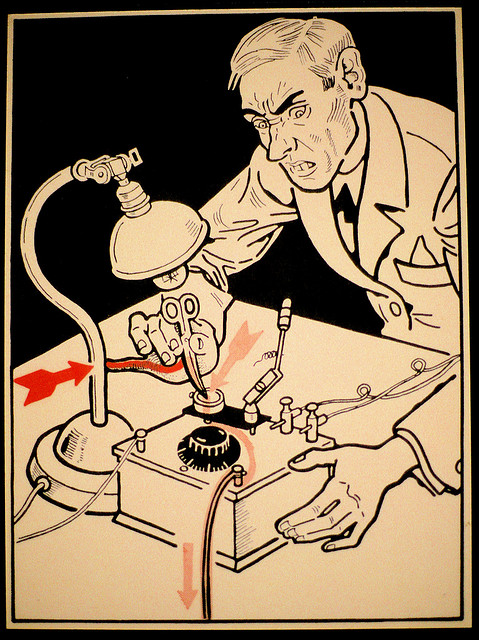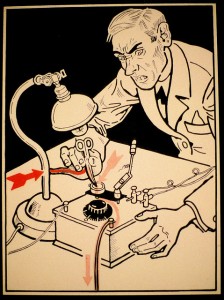My clients complain about micromanaging bosses more than any other problem.
Micro-managers disempower, annoy and anger their staff. They send a message “I don’t trust you.” And they make it impossible for people to do their best work. People stop caring to do a good job because it will never be good enough for a micro-manager.
What the micro-manager doesn’t realize is that micro-managing hurts them, too. S/he is not able to be a leader as long as s/he micromanages. Micro-managers stay at a lower level of achievement.
If you want to be a leader, you need to let go of micro-managing. Leaders delegate to others, they don’t micro-manage.
It’s not that details aren’t important. They are. It’s just that leaders see that details are in service of the larger goal. And the details that matter are the “what” and the “substance” rather than the method by which the substance is produced.
Leaders get satisfaction from coaching people to do their best, instead of micromanaging them so they do it “your way.” Your employees’ way is good enough if they get the agreed-on desired results.
Fear of losing control is the biggest reason most bosses micro-manage. Yet they already lost control – to the fear.
Micro-managers believe they will get the perfect product through controllinghow staff work. That’s a delusion. Micro-managed staff never deliver great product. Great product comes from freedom to use your skills and expertise without fear of criticism.
I’ve been micromanaged, and all it did was make me want to leave the job. It was so disheartening to be criticized about how I did something. What did it matter? Was it more important exactly how I did it, or that the thing got done well, on time, in scope, delivering desired impact? I felt my boss had really messed up priorities. And if my boss didn’t care very much about the impact or quality of the end product, why should I?
Until you learn not to sweat the “how” it’s done, you can never even see the strategic issues that true leaders recognize and address. You’re too much in the weeds to see the broad field.



